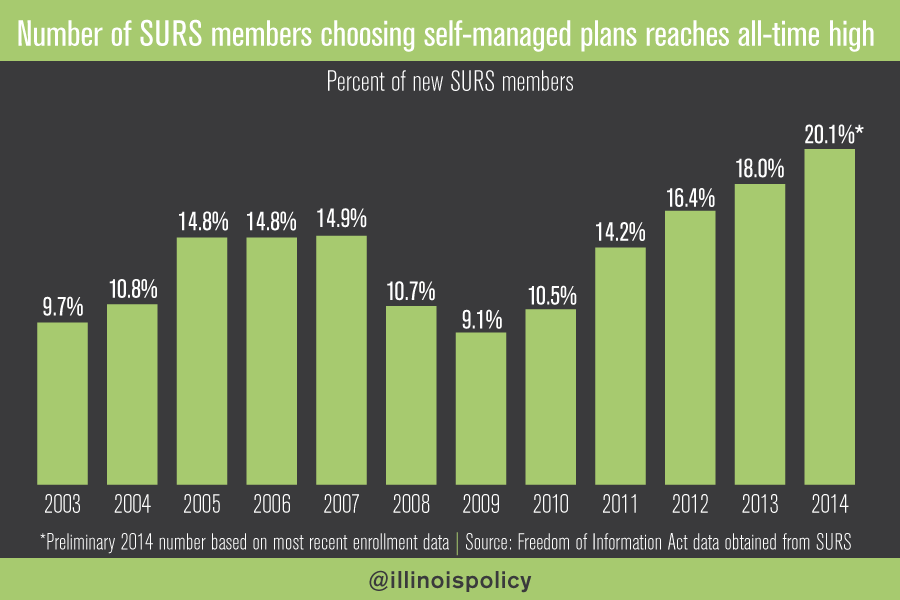Private equity firms are growing uncomfortable with the amount of information disclosed by pension funds about their private equity investments.
PE firms are cautioning their peers to make sure non-disclosure agreements are in place to prevent the public release of information that firms don’t want to be made public.
Stephen Hoey, chief financial and compliance officer at KPS Capital Partners, said this, according to COO Connect:
“We had correspondence with a municipal pension fund relating to the Limited Partner’s inquiry regarding the SEC’s findings from our presence exam. We objected to our correspondence with the LP of matters not relating to investment performance including notes taken by the LP representatives being submitted to reporters under the Freedom of Information Act (FOIA). It is our communications with LPs other than discussions about performance metrics that we object to being in the public domain.”
Pamela Hendrickson, chief operating officer at The Riverside Company, said PE firms should know exactly what pension funds are allowed disclose to journalists. From COO Connect:
“GPs should make sure their LP agreements and side letters are clear about what can be disclosed under a Freedom of information request. GPs must comply with any non-disclosure agreements they have with their portfolio companies and information provided under the Freedom of Information Act should be restricted to ensure that the GPs remain in compliance,” said Hendrickson.
It’s already very difficult for journalists to obtain details and data regarding the private equity investments made by pension funds.
But PE firms are worried that the SEC will crack down on fees and conflicts of interest:
The SEC has recently been questioning private equity managers about their deals and fees dating all the way back to 2007. There is speculation the US regulator could clamp down on private equity fees following its announcement back in 2013 that it would be reviewing the fees and expenses’ policies at hedge funds amid concerns that travel and entertainment costs, which should be borne by the 2% management fee, were in fact being charged to end investors.
“The SEC is taking a strong interest in fees, and this has become apparent in regulatory audits as they are heavily scrutinising the fees and expenses that we charge. Following the Bowden speech, we received a material number of calls from our Limited Partners whereby we explained our fee structure and how costs were expensed accordingly. We also pointed out that our allocation of expenses was in conformity with the LP agreements, which is the contract between the General Partner and a fund’s limited partners,” said Hoey.
COO Connect, a publication catering to investment managers, encourages PE firms to use non-disclosure agreements to prevent the public release of any information the firms want to remain confidential.
Photo by Truthout.org via Flickr CC License

